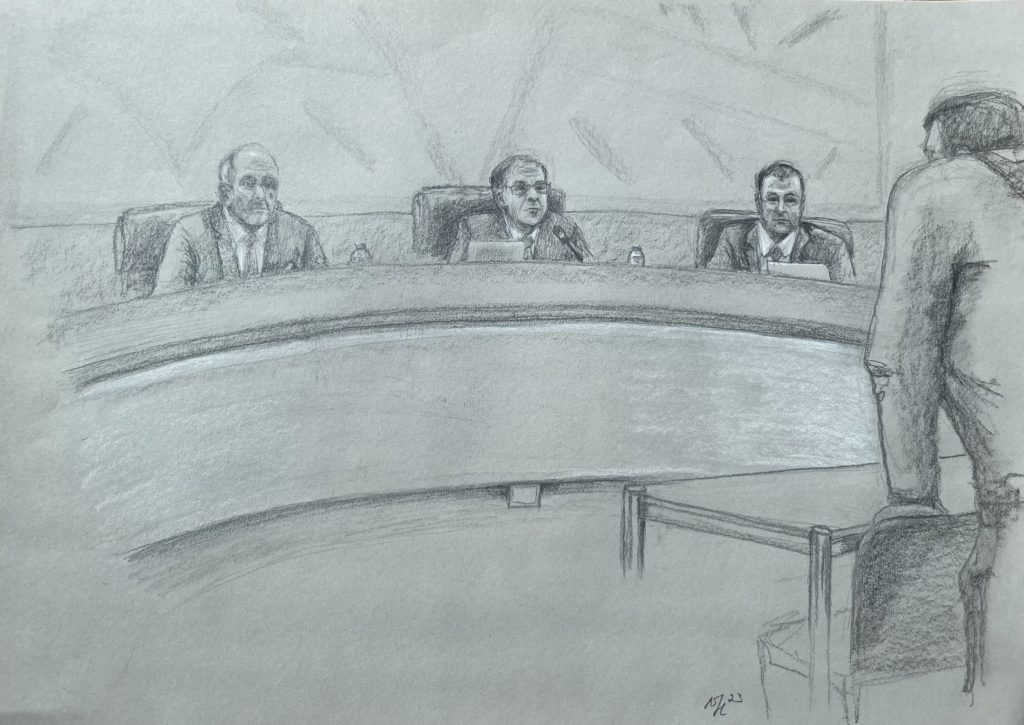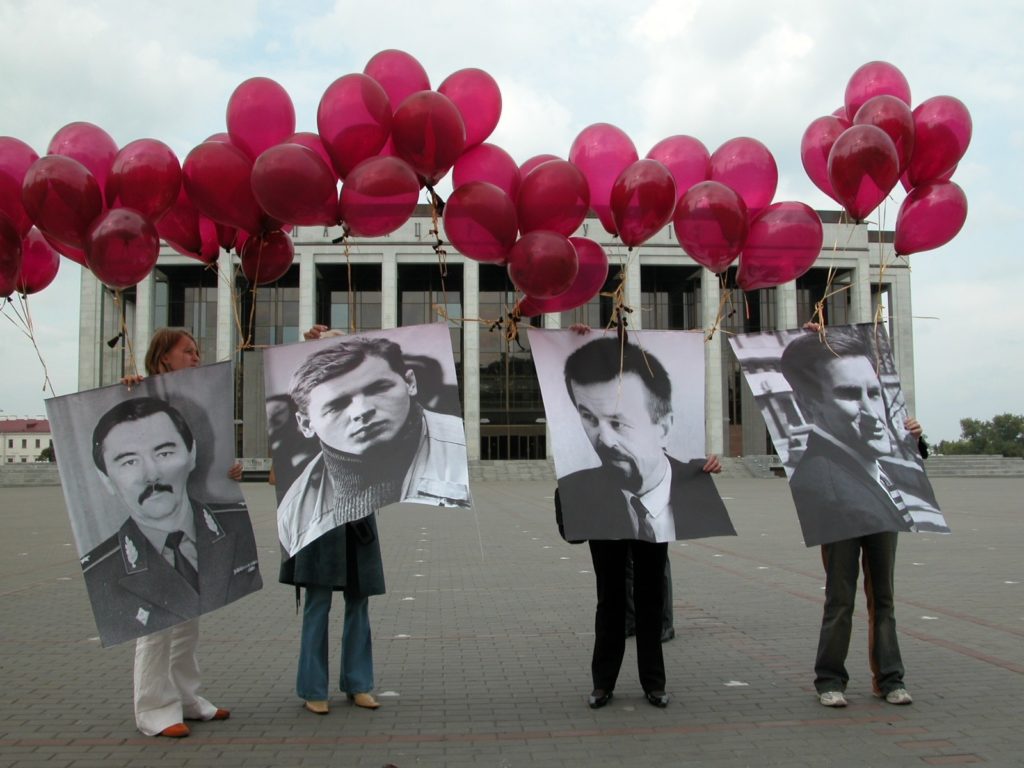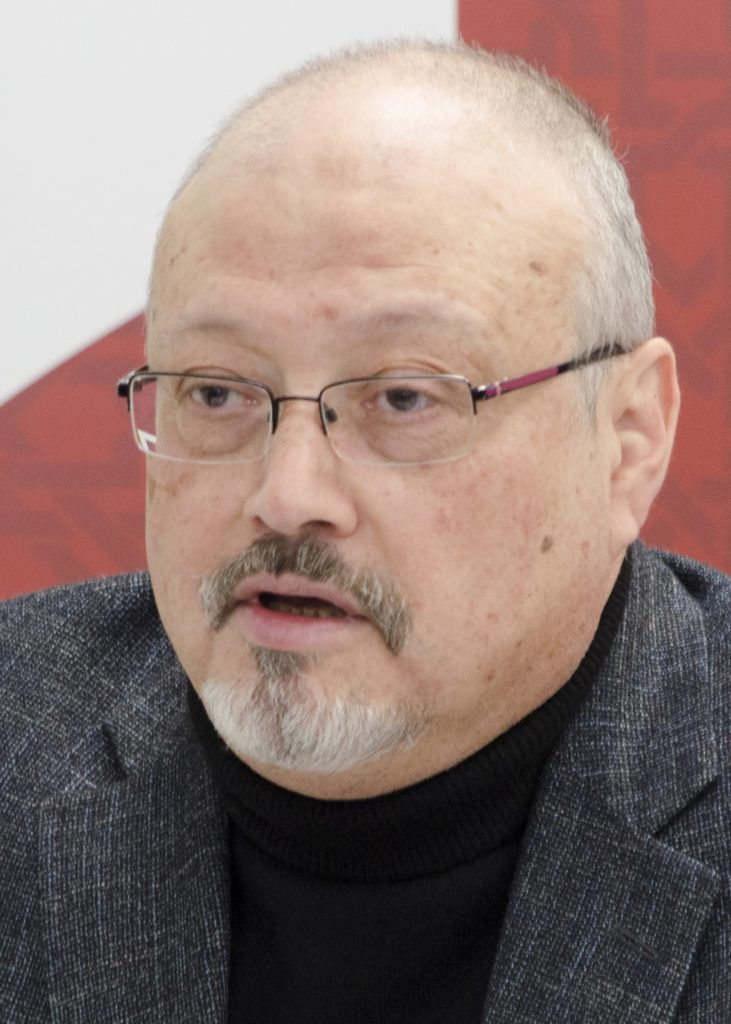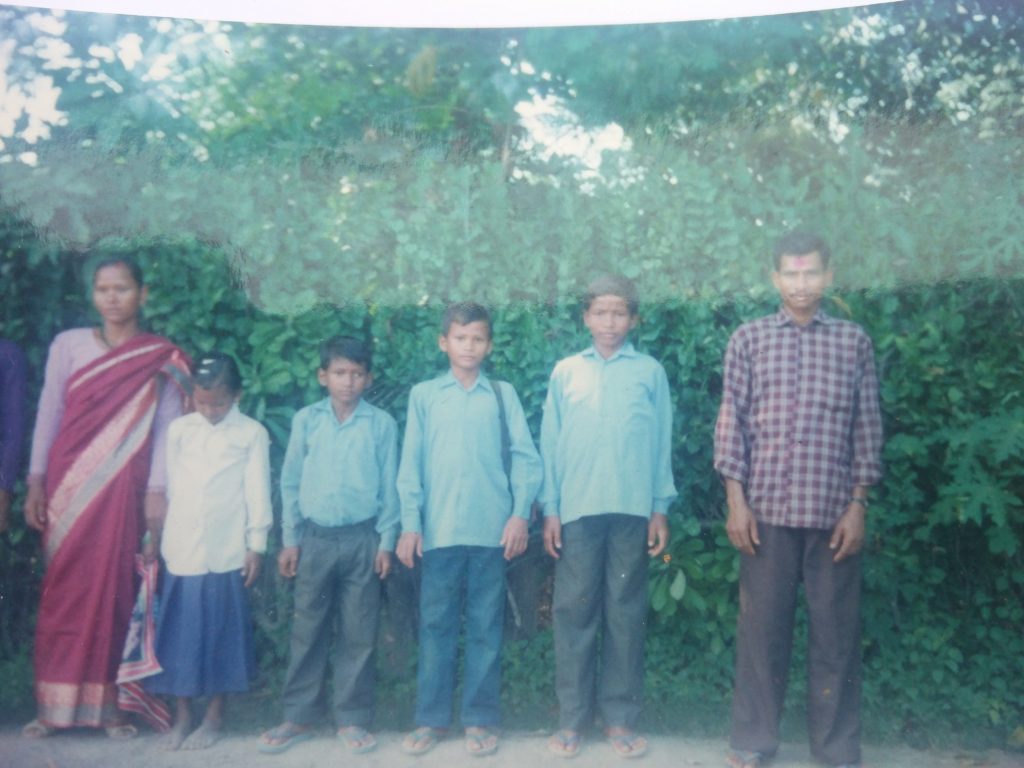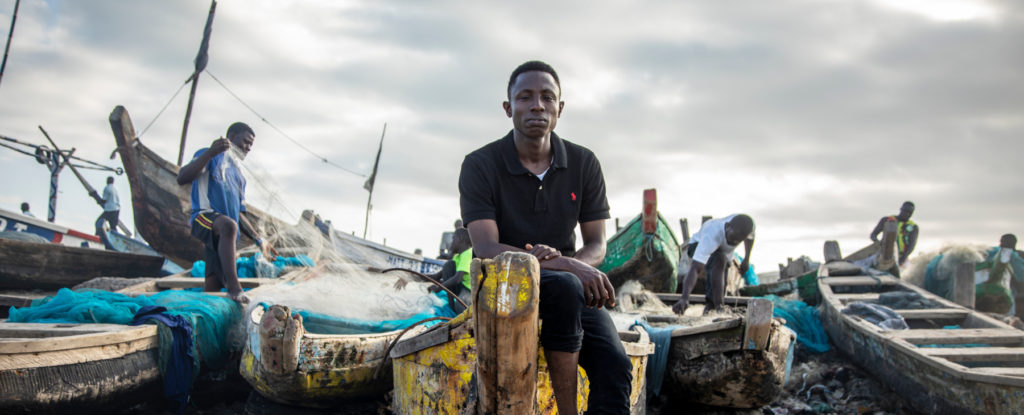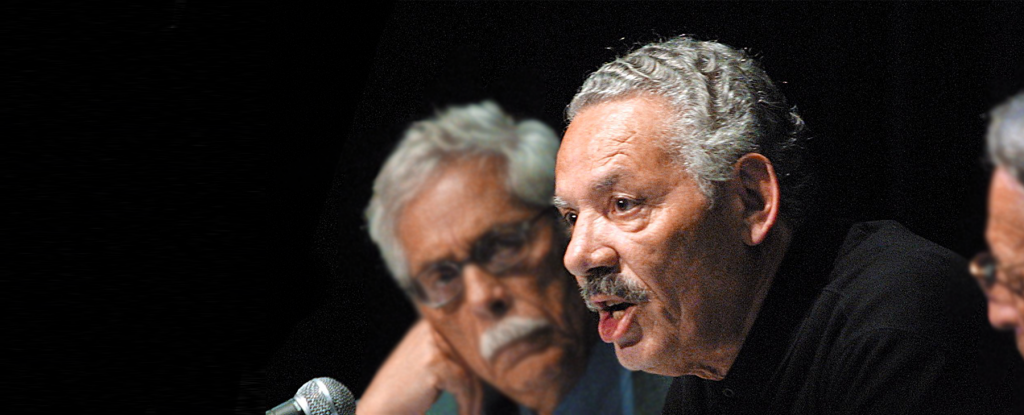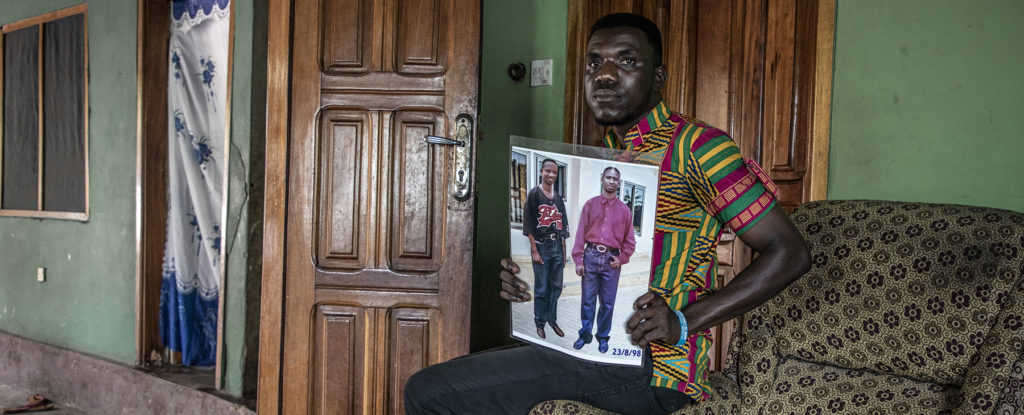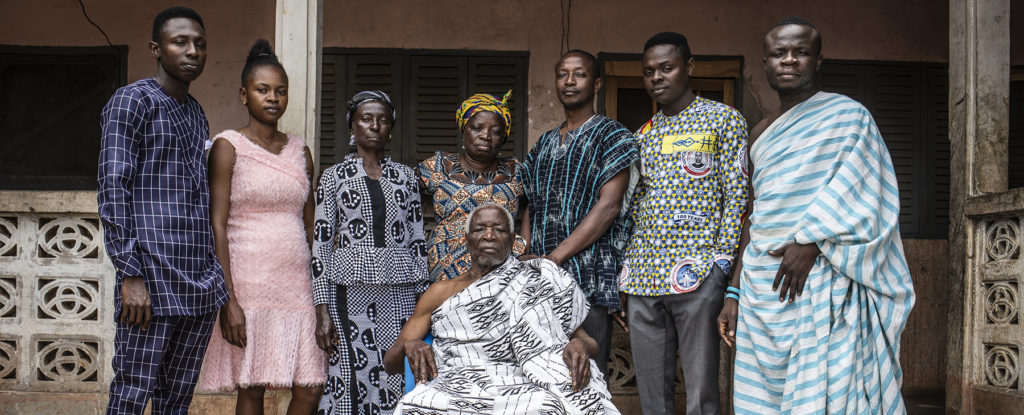Bosnia and Herzegovina: ECHR denies justice to victims of enforced disappearances and arbitrary executions
Twenty-two years ago, 13 men were victims of enforced disappearances during the war in Bosnia and Herzegovina. Between 2008 and 2011, their relatives, with the help of TRIAL, submitted their cases to the European Court of Human Rights. Their fate and whereabouts remain unknown, although a few bones of four of them have been located and identified. Most of the perpetrators have not been judged, and no reparation has been offered. The European Court has nonetheless just ruled that Bosnia and Herzegovina has no responsibility in the way the cases have been handled. To the victims’ families, who now have nowhere else to turn to obtain the justice and redress that they have been waiting for over 20 years, the decisions resonate like a disavowal of their long struggle.
A seven-judge Chamber of the European Court of Human Rights (ECHR) in Strasbourg has decided not to examine the enforced disappearances of 13 Bosnian men in 1992 in the Prijedor area. Nearly six years after the first complaints were submitted by TRIAL on behalf of the families of the victims, the Court has recently rejected and declared them inadmissible. The Court found that Bosnia and Herzegovina (BiH) did not violate its obligations to investigate the crimes concerned and to prosecute and sanction those responsible.
The victims’ relatives and the NGOs supporting the case were hoping a judgment from the ECHR would set the standards that domestic authorities would have to follow in terms of investigating crimes committed during the war, locating and exhuming the mortal remains of missing persons, and ensuring reparation measures for their families.
Philip Grant, Director of TRIAL takes note of the ECHR decisions with great disappointment: “Thirteen men were forcibly disappeared in 1992. They left behind their wives, their children and their parents. While evidence shows that six of them have been killed during the Mount Vlašić Massacre, others were victims of indiscriminate killings. More than 20 years later, only few bones of four of these men have been found and no thorough investigation has been undertaken in this direction. If the ECHR considers the complaints ill-founded, who then will help to reveal the fate and whereabouts of the victims to their beloved ones? The families are still awaiting justice to be served and, until the fate and whereabouts of their loved ones are established with certainly, they will not be able to mourn them and move on with their lives“.
The decisions
On 3 June 2014 the ECHR issued a decision recently made public on the case Fazlić and others v. Bosnia and Herzegovina, dealing with 5 cases of enforced disappearances. The Court found that Bosnian authorities did all that could be reasonably expected given the special circumstances prevailing in the country. The ECHR noted that “it is evident that not all of the direct perpetrators of the many crimes committed within the context of the ethnic cleansing of the Prijedor area have been punished“. Nevertheless, it valued the fact that the ICTY and the State Court has convicted respectively 16 and 7 persons in connection with numerous crimes committed in the area.
On the same date, the ECHR also issued a decision on the case Mujkanović and others v. Bosnia and Herzegovina, finding that Bosnian authorities in this case also did all that could be reasonably expected given the special circumstances prevailing in the country up until 2005 and the large number of war crimes pending in local courts. The exhumation of the mortal remains of four of the applicants’ relatives was considered a significant achievement, as well as the identification of ten direct perpetrators by the State Court, the issuing of two international arrest warrants and the conviction of one perpetrator by the International Criminal Tribunal for the Former Yugoslavia (ICTY).
The plaintiffs
During the first months of the war ravaging BiH, 13 men were abducted from their families and taken to concentration camps. Evidence indicates that some of them were the victims of indiscriminate killings. Yet, their fate and whereabouts remain unknown, while only a few bones of four of them have been located and identified. More than 20 years afterwards, no thorough investigation has been undertaken by the authorities in order to locate the missing persons or bodies and to identify all those responsible for the crimes concerned, prosecute and sanction them.
Timeline of the cases
TRIAL represented the families of the victims in the proceedings before the ECHR. The applications were filed separately between 2008 and 2011. On 28 September 2012 the applications were merged in two separate cases and were at last communicated to the government of BiH. In January 2013 the government submitted its reply, challenging the admissibility and the merits of the cases. On 25 March 2013 TRIAL replied to the observations made by the government of BiH challenging the arguments put forward by the respondent State and reiterating the latter’s obligation to provide justice and redress to the victims. REDRESS and the World Organisation Against Torture (OMCT) were allowed to submit an amicus curiae brief to the ECHR in support of the applications.
TRIAL’s support to victims’ quest of justice in BiH
TRIAL represents more than 230 victims of enforced disappearance and extrajudicial killings of war in BiH before the ECHR and the United Nations Human Rights Committee and supports them in their quest to find the truth about what happened to their loved ones and to obtain justice and redress. Prior to the present decisions of the ECHR, the UN Human Rights Committee had reversely ruled that BiH had indeed violated the basic human rights of the applicants in five separate cases of enforced disappearance, one of them concerning crimes committed in the Prijedor area.


